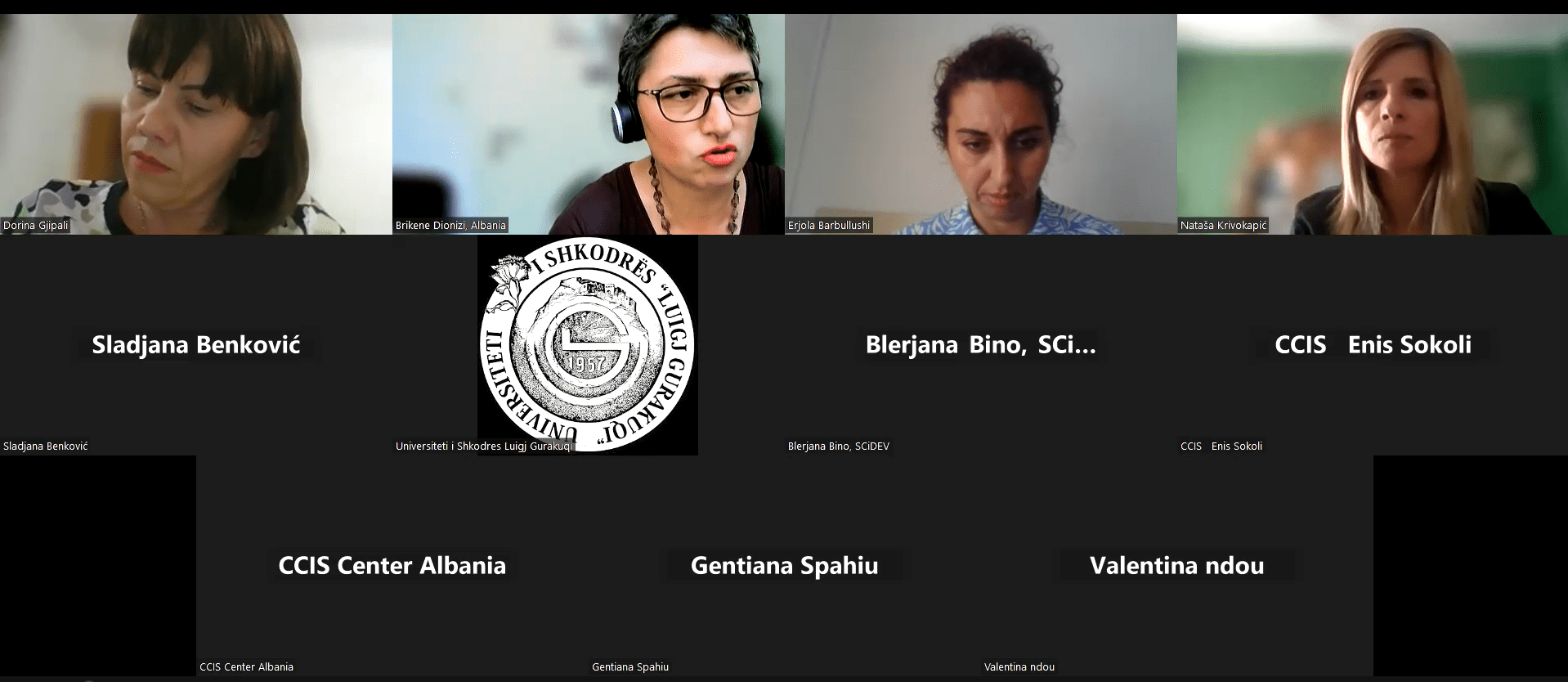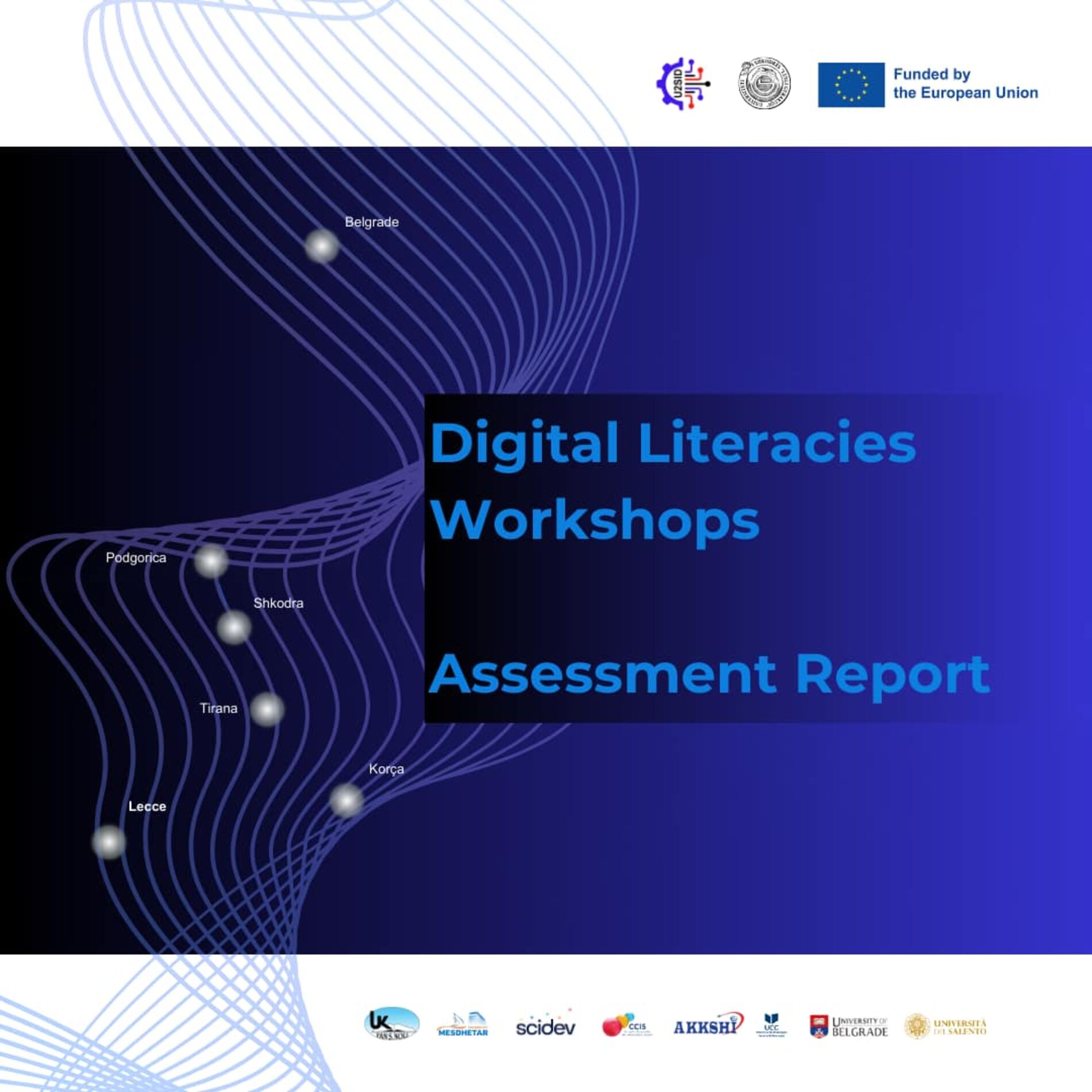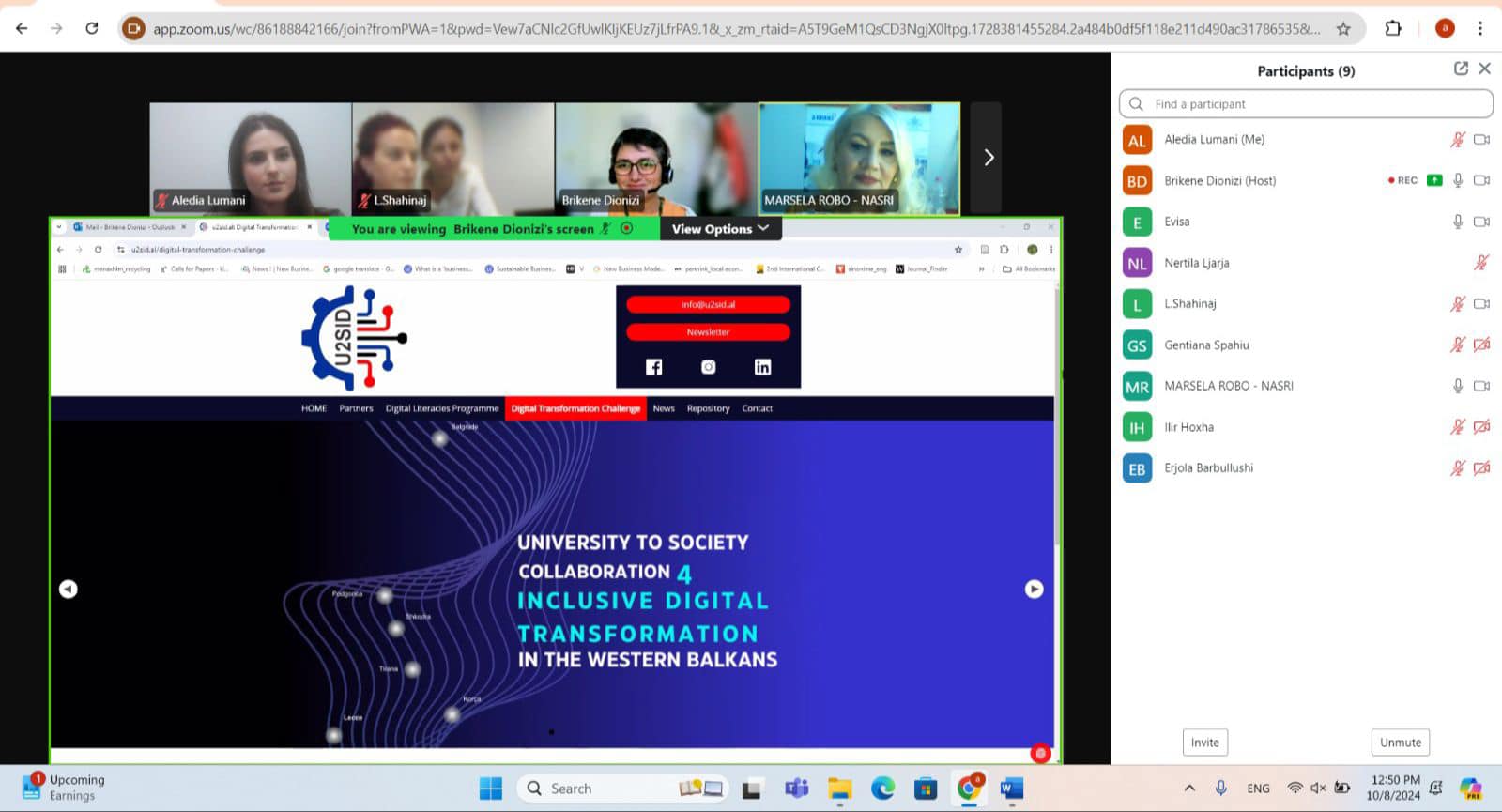The University of Fan Noli in Korçë recently hosted the final event of the U2SID Digital Transformation Challenge, gathering students, professors, and stakeholders from Albania and Montenegro to present innovative digital solutions developed over a four-month period. The event, held on February 27 and 28, marked a key milestone of the U2SID Erasmus+ project, which aims to foster inclusive digital transformation across the Western Balkans.
As a core part of the U2SID project, the Digital Transformation Challenge encouraged interdisciplinary teams from four universities to collaborate with local businesses and civil society organizations. Through a project-based learning approach, the teams identified specific challenges in their communities and developed tailored digital solutions to address them. These ranged from supply chain tracking systems and animal shelter management platforms to tourism and transport applications, and youth engagement campaigns.
Highlights include the University of Shkodra’s work on digitalizing food traceability and animal shelter operations, and the Mediterranean University of Albania’s proposals for a national tourism platform and a unified intercity transport system. The University of Fan Noli presented an app connecting Korça residents to local opportunities in real-time, while the University of Montenegro’s teams focused on boosting youth participation in civic and cultural life using digital media.
Although the U2SID project has officially concluded, its legacy will continue. Sustainability measures led by SCiDEV include regular digital awareness campaigns, stakeholder forums, and new institutional partnerships. Building on U2SID’s success, the project consortium has launched the EDUFAIR project focused on Artificial Intelligence in higher education and has applied for Erasmus+ funding to develop a professional master’s program in Cybersecurity and Digital Transformation.
The U2SID project—University to Society Collaborations for Inclusive Digital Transformation in the Western Balkans—was coordinated by the University of Shkodra and involved nine institutions from four countries. Its goal: to strengthen the collaboration between universities, businesses, policy makers, civil society, and media in order to promote a more inclusive and digitally empowered region.



